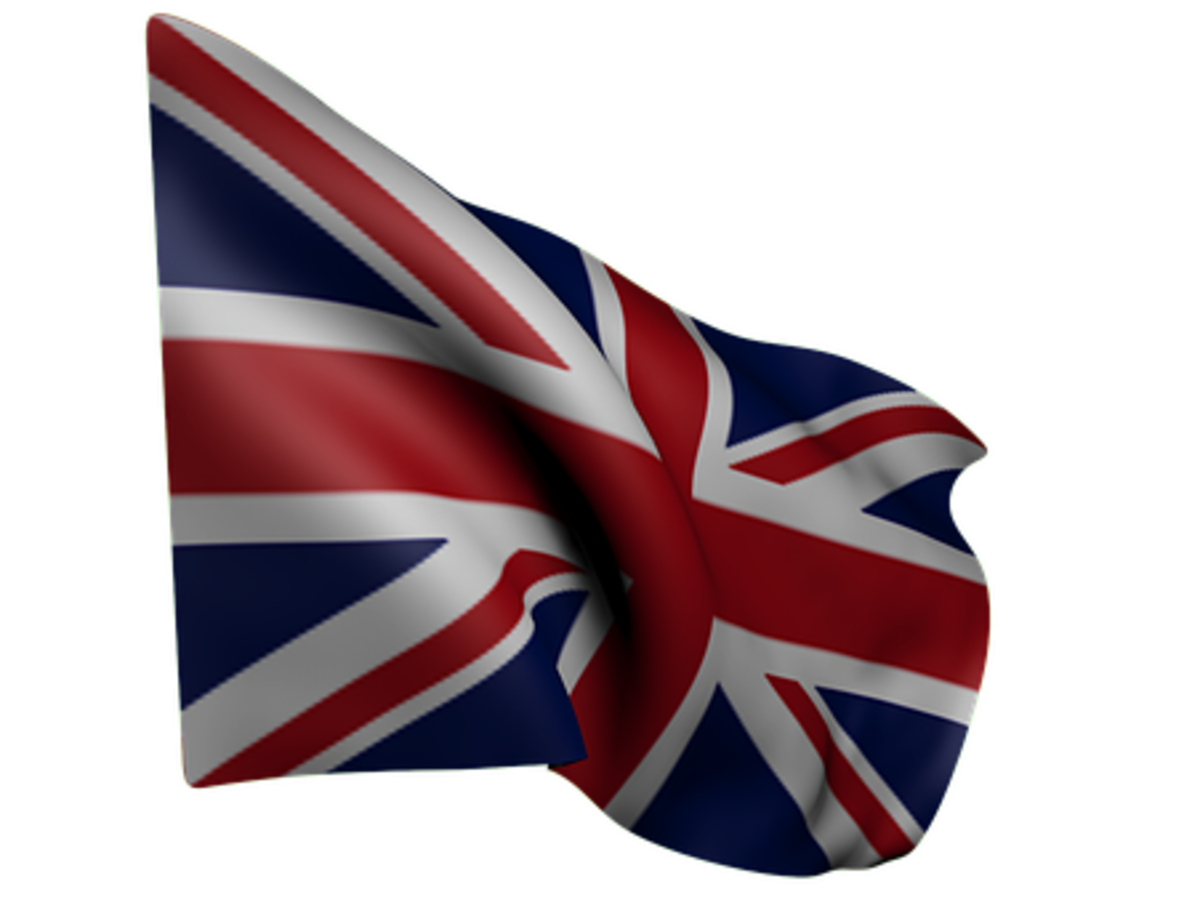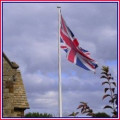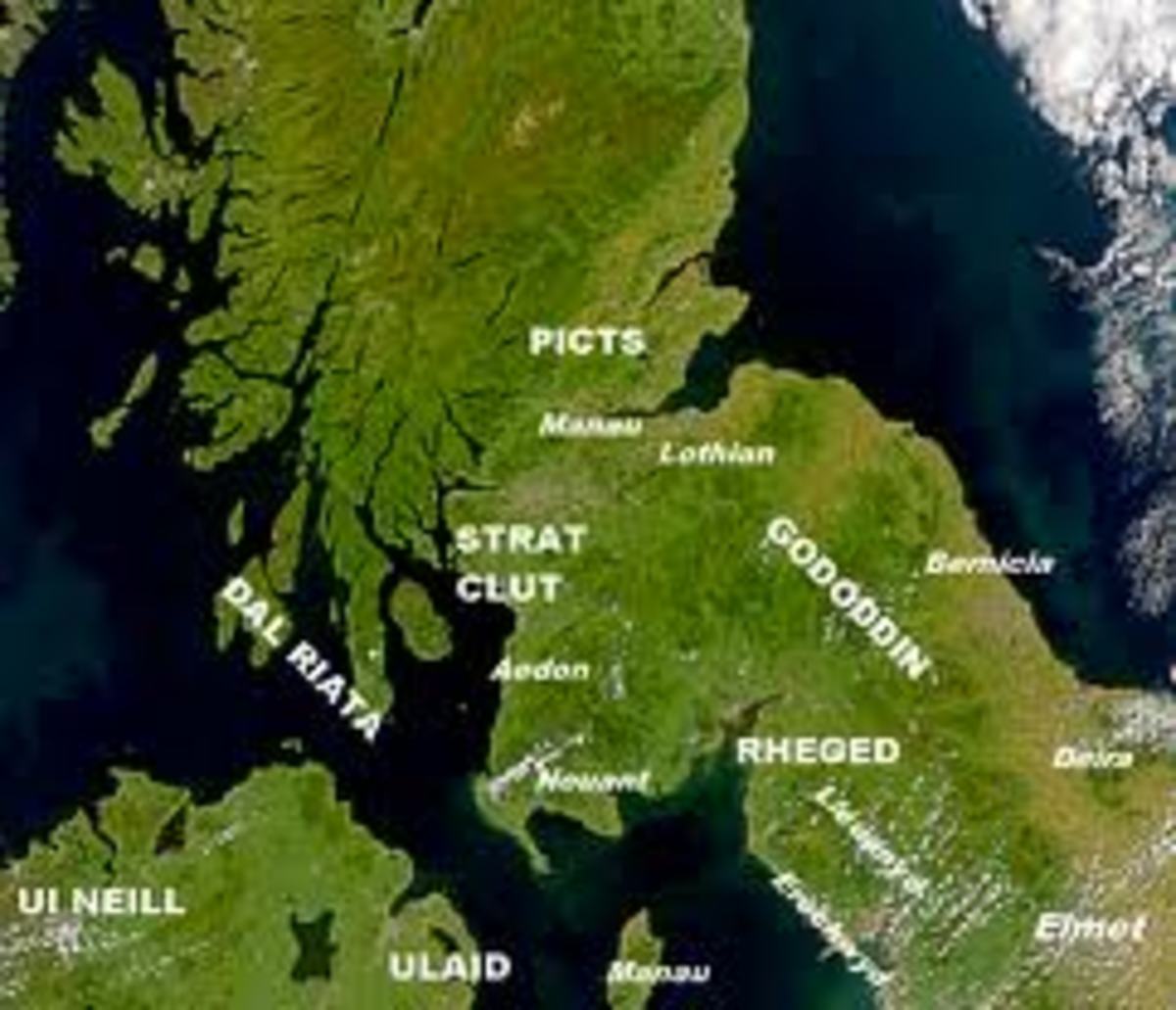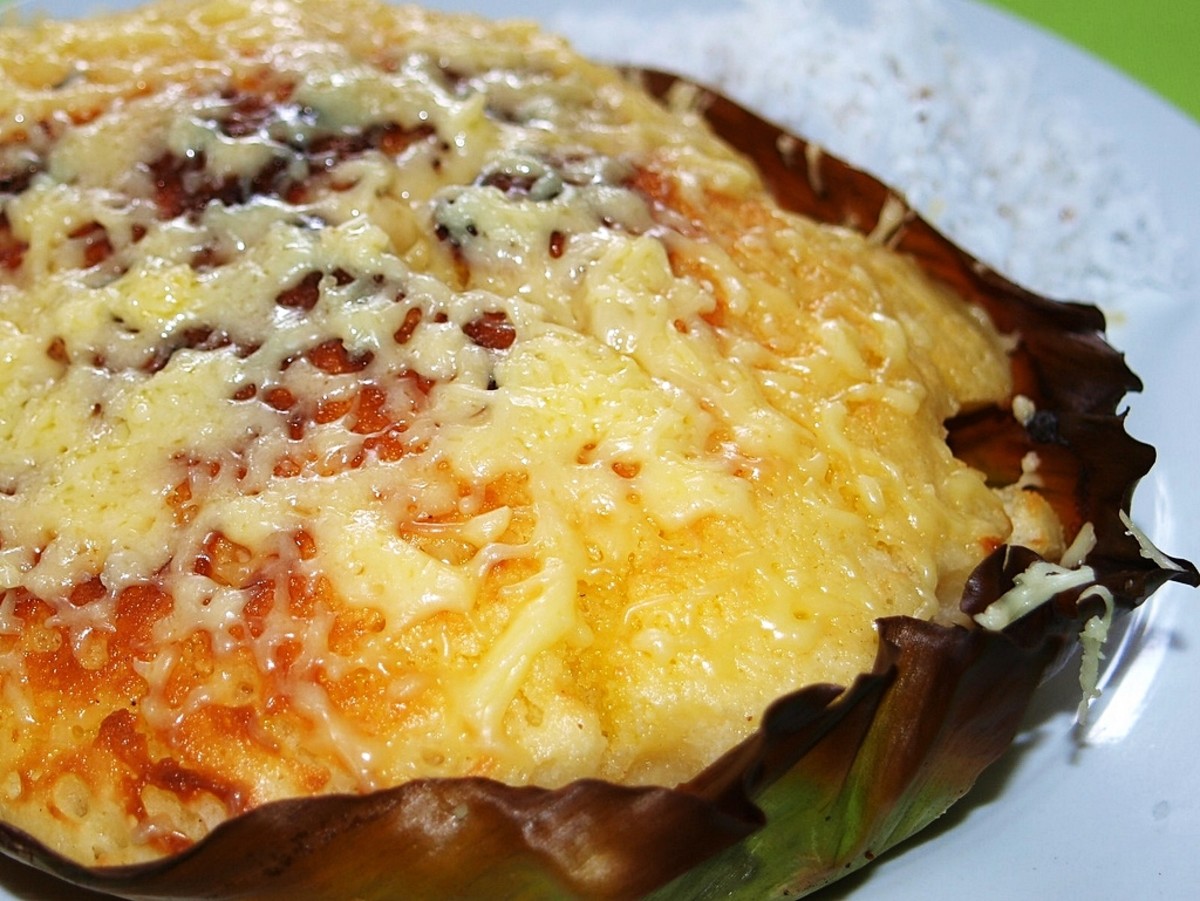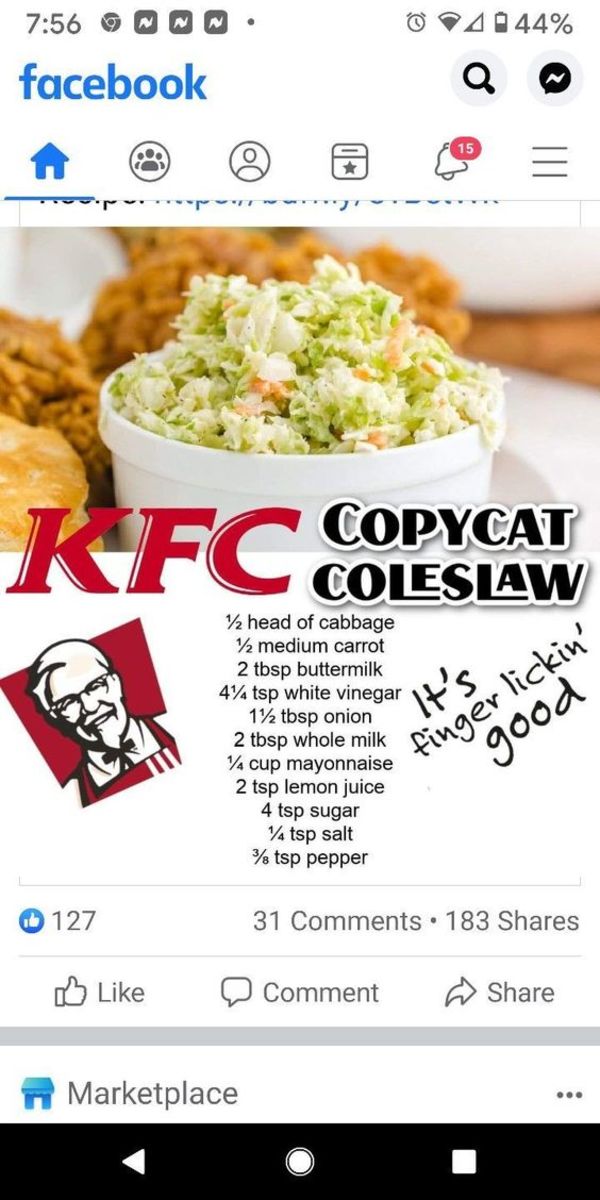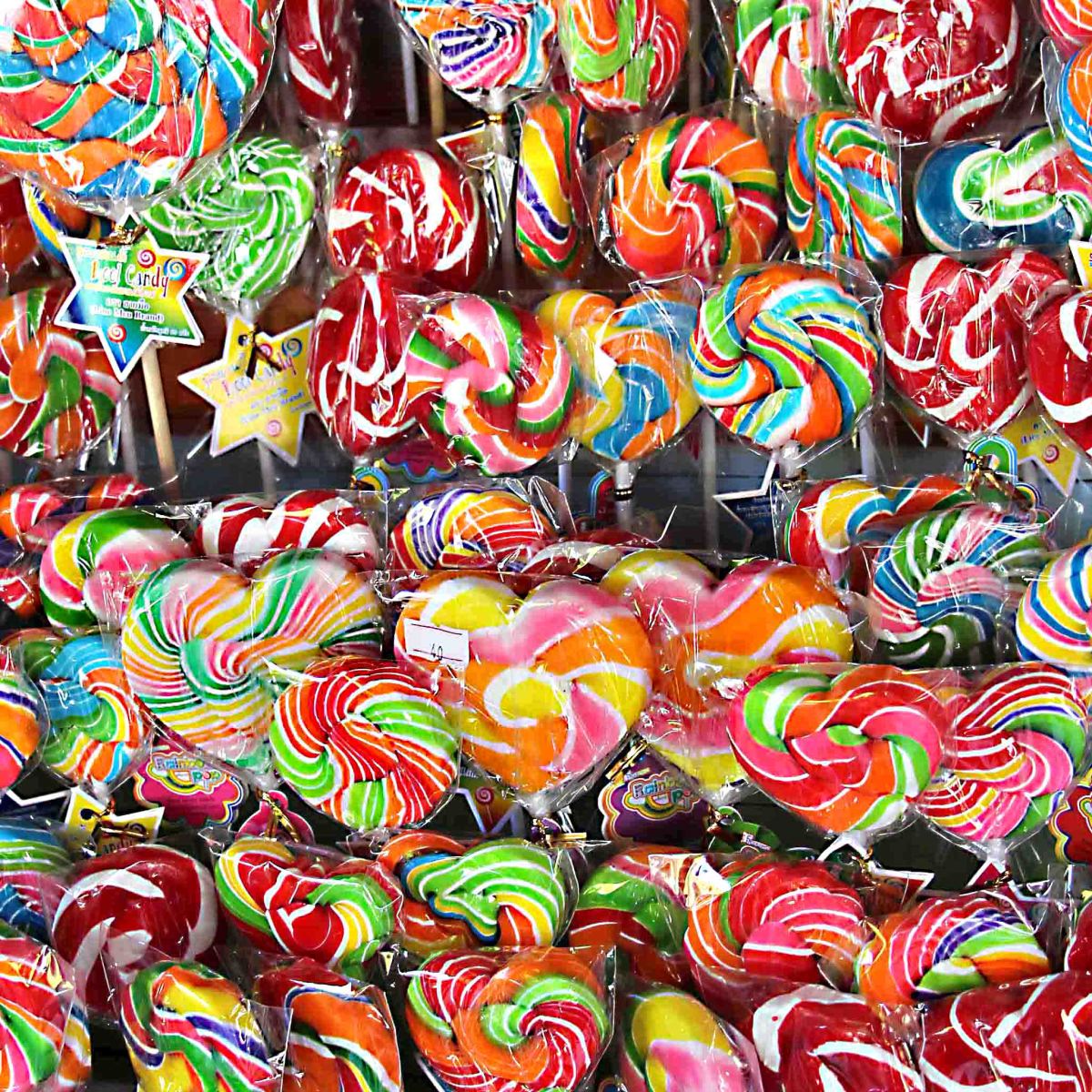UK Seafood
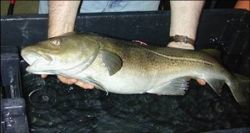
Seafood from the United Kingdom (U.K.) - England, Scotland, Wales and Northern Ireland
This page has information related to seafood of the United Kingdom (U.K.).
British consumers enjoy cod, haddock, pollock, herring, mackerel, tuna, salmon, trout, prawns, lobsters, crabs and other foods.
The U.K. is world famous for its seafood cuisine, especially fish and chips.
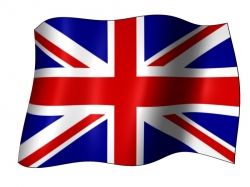
Types of Seafood Sold in UK Seafood Markets
The ten most common species found in the UK retail markets are salmon, tuna, cod, haddock, warm water prawns, cold water prawns, mackerel, Pollock, scampi and trout reflecting their traditional taste, but only four of them (salmon, haddock, mackerel and scampi) are produced in any great volume in the UK.
Cod, haddock and other white fish are imported from Iceland and the Faroe Islands, salmon from Norway and USA, cold water prawns from Denmark, tuna from Mauritius and warm water prawns from Thailand.
source: London Seafood Expo
British Seafood Books
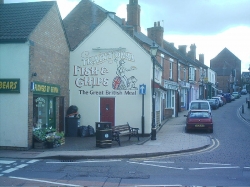
British Fish and Chips
Fish and chips (fish 'n' chips) is one of the most well known seafood dishes in the world. The meal, which originated in the United Kingdom consists of battered, deep-fried fish sliced, deep-fried potatoes.
In the U.K., fish and chips gained its popularity as a cheap food popular among the working classes, made available by the development of trawl fishing in the North Sea in the latter part of the nineteenth century. The meal was associated with the industrial revolution and has gained a strong urban following that continues to present day.
The species of fish used in the meals vary depending on the region. In the UK the dish is likely to contain cod, haddock, saithe, plaice, whiting or dogfish. The dish is served in British-influenced cultures as far away as Australia and New Zealand, where local white fish are adapted to use in the recipe. In the United Kingdom, malt or onion vinegar and a heavy coating of salt is traditionally sprinkled over fish and chips when served.
U.K. Saltwater Fish
The following list includes some of the more important species of fish that are landed in the United Kingdom:
Atlantic Herring
Atlantic herring are widely distributed throughout the north-east Atlantic. UK fishermen fish for herring from from the Arctic ocean in the north to the English Channel in the south.
European Plaice
European plaice (Pleuronectes platessa) are identified by their smooth brown skin, distinctive red spots and bony ridge behind the eyes. These flatfish occur on the sandy bottoms of the European shelf from the Barents Sea to the Mediterranean. The commercial fishery for plaice is very important to the European seafood sector.
Atlantic Cod
Atlantic cod (Gadus morhua) are caught in many parts of the North Atlantic Ocean. Cod are cool water fish. They have a delicious mild white flesh and are well suited for a variety of cooking methods.
Atlantic Haddock
Atlantic Haddock is known for its excellent table quality. The fish has fine white flesh and can be cooked in the same ways as cod. Haddock is a good source of low-fat protein and is high in magnesium and selenium.
Saithe
Saithe or Atlantic Pollock is a member of the cod family. It is distinguished from other cods by its coloring. The species is olive green above, with yellowish gray side and a silver belly. Its lateral line is white, and it has a small barbel on its chin. Saithe average 4-15 pounds but
sometimes reach weights up to 40 pounds.
Whiting
Whiting are widely distributed both inshore and offshore around the Scottish coasts and throughout the North Sea. Whiting are one of the main predators of other commercially important species of fish in the North Sea.
Spiny Dogfish
Dogfish are small sharks found in much of the northern oceans. They are plentiful in some parts of the North Atlantic, with schools sometimes being enormous. These fish are popular in several types of cuisines. The meat of dogfish is boneless, white and firm. A popular source describes the fish as "Voracious almost beyond belief, the dogfish entirely deserves its bad reputation. Not only does it harry and drive off mackerel, herring, and even fish as large as cod and haddock, but it destroys vast numbers of them...........fishermen have described packs of dogs dashing among schools of mackerel, and even attacking them within the seines, biting through the net, and releasing such of the catch as escapes them..." (Fishes of the Gulf of Maine, Bigelow, H.B. and W.C. Schroeder, 1953)
Monkfish
There are two species of monkfish (anglerfish) in British waters, the black-bellied monkfish ( Lophius budegassa Spinola) and the more common 'white' monkfish (L. piscatorius). Monkfish occur in a wide range of depths, from shallow inshore waters down to 1,000 metres or more. Small monkfish are caught in much of the northern North Sea and on west coast fishing grounds.
Great Britain Commercial Fishing
This section features books about British commercial fishing.
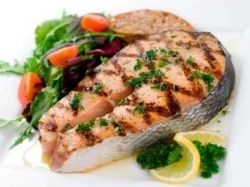
Scottish Salmon
According to researchers, the number of people who have eaten fresh salmon has increased from 5 million in 2008 to 6.1 million in 2010 (February 2008 - February 2010), an increase of 22%.
The leading market researchers also report that 48% of grocery shoppers bought fresh salmon at least once during 2009 and that fresh salmon now accounts for over £1 in every £5 spent on fish in the UK.
The release of the new figures coincides with the publication of the Annual Report from Scottish Salmon Producers' Organisation (SSPO), which highlights the industry's contribution to the social, economic and environmental sustainability of Scotland.
Scott Landsburgh, chief executive of SSPO, said: "Historically, seafood consumption in the UK is much lower than in many other nations. However, fresh salmon is increasingly catching the attention of our palates."
The salmon farming industry is an important contributor to the Scottish economy, in terms of the 6,200 full and part-time jobs that it supports and of the location of these jobs in remote, rural areas on the west coast and islands. Scotland is the third largest salmon producer in the world with approximately a 10% global market share
The Shetland Islands are the largest salmon producing region in Scotland, producing over 30% of UK farmed salmon. The Shetland Islands are famous for farmed Atlantic salmon. Salmon farms of the region supply conventionally farmed and organic fish. Shetland farmed salmon are typically available as fresh or smoked products.
Scotland is the largest producer of farmed salmon in the EU; responsible for the majority of UK aquaculture production. It is the third largest producer of farmed salmon in the world, behind Norway and Chile.
Salmon farming is a vital contributor to the Scottish economy, sustaining more than 6,000 full and part-time jobs in rural areas of Scotland's west coast and small islands. Scotland's salmon farmers injected in excess of £500 million into the economy in 2008. One million fresh salmon meals are eaten in the UK every day.
For more Scotland salmon information, visit www.scottishsalmon.co.uk
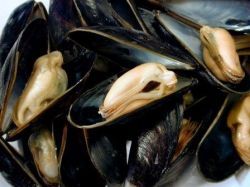
Farm Raised Blue Mussels from Scotland
Scotland is a strong producer of farmed blue mussels, which are popular among UK seafood lovers. According to Stephen Cameron, managing director of Scottish Shellfish, mussels and oysters are extremely popular in the UK, especially around the holidays.
"Sales of mussels and oysters have been growing year-on-year and there is always a traditional peak demand in the week before Christmas," he says.
"This peak occurs over a very short period of time, so it is a frenetic period of activity for our growers as they brave all kinds of weather conditions to harvest their quality shellfish.
"We are finding that consumers are becoming more adventurous in their tastes, with Scottish mussels and oysters making a superb and tasty alternative to more traditional Christmas fare such as smoked salmon and prawn cocktail.
"They are also very healthy being low in calories and fat. They are excellent source of protein, vitamins and Omega-3 oils that help reduce the risk of heart disease. People are also attracted by the fact that Scottish mussels are sustainably grown with virtually no environmental impact."
Mussels from Scotland are now available as certified products. In 2010, Scottish Shellfish Marketing Group (SSMG) rope grown mussels became the first farmed seafood in the UK to be awarded Friend of the Sea (FoS) certification. The SSMG group (representing about 70% of total Scottish mussel production) consists of 14 mussel farms which are located on the Scottish west coast and Shetland.
2012 Olympic Games Will Serve Sustainable Seafood
The London Organising Committee of the Olympic Games and Paralympic Games (LOCOG) has outlined its vision for food at the Olympic Games and Paralympic Games in 2012 - the largest peace-time catering operation in the world. London 2012’s vision outlined within the document is to provide a wide choice of food and drink for all customers at Games time, and to ensure that the best of British food is on offer.
Over 14 million meals will be served during the Olympic Games and Paralympic Games, across 40 locations. LOCOG is responsible for feeding the 15,000 athletes across the Olympic Games and Paralympic Games. It is estimated that the event will serve 82 tons of seafood.
According to the plan, all fish will be sustainable, including the complete exclusion of species and stocks identified by the Marine Conservation Society (MCS) as ‘fish to avoid’ and all wild-caught fish meeting the FAO Code of Conduct for Responsible Fisheries.
source: LOCOG
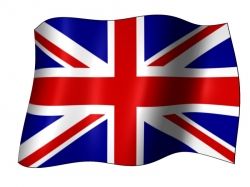
What is the United Kingdom?
The United Kingdom is typically defined as a monarchy that occupies most of the British Isles; divided into England, Scotland, Wales and Northern Ireland. The term `Great Britain' is often used to refer to the United Kingdom
Shellfish - Lobsters, Crabs, Prawns
European Lobster
The European lobster ( Homarus gammarus) is a large clawed lobster found off the coast of Great Britain. The European lobster is slightly smaller on average than the American lobster (Homarus americanus) but otherwise very similar.
Lobsters are caught using traps (pots). Fishermen along the coast of England have caught lobsters for centuries, with methods of capture changing little. Traditionally, fishermen used traps made from natural materials. These have been gradually replaced with more durable pots made of steel and plastic. European lobsters are marketed live, cooked, frozen or canned.
Norway Lobster
The Norway lobster, also called Dublin Bay prawn, nephrops, langoustine or scampi, is a type of small lobster which reaches lengths of about 24 cm long (9-10 in). Norway lobsters are slender, and brightly colored. The species is found in the north-eastern Atlantic Ocean and North Sea as far north as Iceland and northern Norway, and south to Portugal.
UK Seafood Links
- Fresh Seafood
Information about every aspect of buying, cooking and enjoying fresh seafood locally or online. Included are seafood recipes and articles on buying, cooking and enjoying fish, crabs, lobsters, shrimp, clams, oysters, scallops, mussels and other seafo - London Seafood Expo 2010
The premier seafood show in the UK - scottishsalmon.co.uk
Scottish Salmon information.
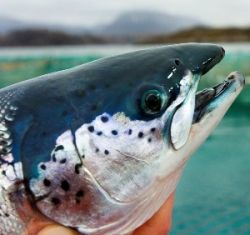
Scotland Salmon Exports
Over 13 million fresh Scottish salmon were exported in 2009 - an increase of 24% when compared with the previous year, according to Scottish Salmon Producers' Organisation (SSPO).
Exports of fresh salmon leapt to 65,480 tonnes from 52,671 tonnes the previous year. Scottish salmon now reaches 55 countries worldwide. Europe remains the industry's biggest export market, with France, Belgium, Luxembourg, Netherlands, Germany, Italy, Spain and Irish Republic as notable importers. The USA, Canada and the Far East are the biggest destinations in the rest of the world.
Salmon exports (£220m) account for over 55% of Scotland's total food exports (£400m). Scott Landsburgh, Chief Executive of SSPO, said: "Salmon is the largest food export from Scotland. It has established a substantial overseas market, worth over £220m per annum. It currently accounts for 55% of the total value of food exports from Scotland, underpinning its increasing importance to the domestic economy..."
source and photo credit: Scottish Salmon Producers' Organisation



